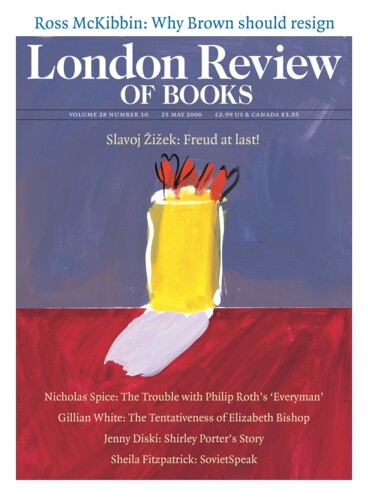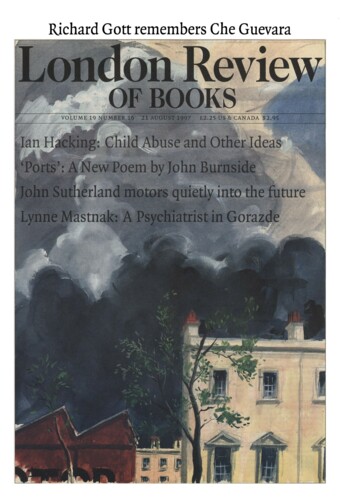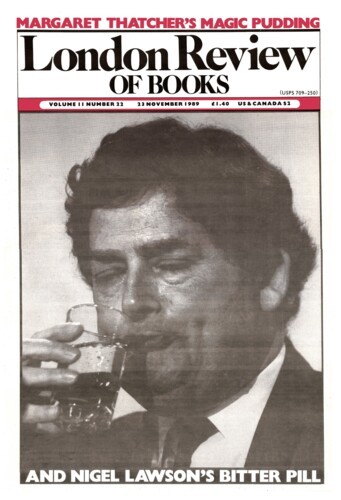Richard Cobb, who died last year at the age of 79, began his career as a historian of Revolutionary France. When I first met him, in 1968, he was widely thought to be able to write only in French, but as time went on a strong personal vein and a taste for high comedy widened the scope of his writing and revealed a highly distinctive English style: intricate perceptions and sensations set down in long, baroque sentences, full of Gallicisms, argot and incantatory lists of French and English place-names. Increasingly autobiographical introductions to his works of scholarship spilled out into fragmentary memoirs, in which he recounted a Tunbridge Wells childhood, a youthful infatuation with France, war-time service in the Army and an early career teaching English in postwar France as a way of financing time spent in the Archives Nationales and countless provincial depositories. The episodes recounted in The End of the Line further illuminate a trajectory already largely mapped out in A Second Identity (1969), A Sense of Place (1975), Promenades (1980), Still life: Sketches from a Tunbridge Wells Childhood (1983) and People and Places (1985). The stories are told with Cobb’s customary skill and enthusiasm, but they also sound an increasingly valedictory note. Cobb was dying as he wrote: the manuscript was completed two days before he died and has been prepared for the press by friends and by his widow, to whom he pays tribute in the closing pages.
Richard Cobb, who died last year at the age of 79, began his career as a historian of Revolutionary France. When I first met him, in 1968, he was widely thought to be able to write only in...



